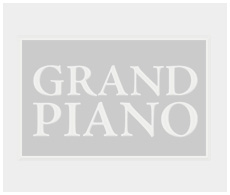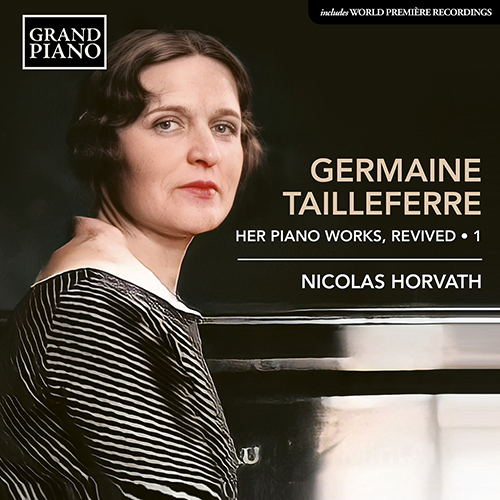
Johann Adolf Hasse (1699 - 1783)
Johann Adolf Hasse held a leading position in Italy and Germany as a composer of opera seria, often based on texts by the most famous of contemporary librettists, Metastasio. He sang at Hamburg Opera, scored great success as a composer of opera in Naples, and enjoyed an international career that took him to Venice and to Dresden, where he served as Kapellmeister to the Elector for some 30 years until he and his wife, the famous mezzo-soprano Faustina Bordoni, were dismissed, after the Seven Years War. In Vienna in later years Hasse finally found himself, together with Metastasio, in rivalry with Gluck and the librettist Calzabigi, champions of operatic reform. At the height of his career Hasse enjoyed the greatest fame, but his achievements were soon forgotten after his death.
Operas
Hasse wrote some 60 operas, the first in 1721 for the court in Brunswick, and the last at the request of the Empress Maria Theresia for the marriage in Milan of Archduke Ferdinand and Maria Beatrice d’Este in 1771 – a work that, according to Leopold Mozart, was overshadowed by his son Wolfgang’s contribution to the festivities.
Church Music
Hasse’s extensive addition to the repertoire of contemporary church music continued to have occasional performance in Dresden. His oratorios, some with texts by Metastasio, have largely disappeared from repertoire.
Instrumental Music
Hasse’s instrumental music includes flute concertos, and solo, duo and trio sonatas.


 Grand Piano has gained a reputation for producing high quality recordings of rare keyboard gems. Dedicated to the exploration of undiscovered piano repertoire, the label specialises in complete cycles of piano works by many lesser-known composers, whose output might otherwise have remained unknown and unrecorded.
Grand Piano has gained a reputation for producing high quality recordings of rare keyboard gems. Dedicated to the exploration of undiscovered piano repertoire, the label specialises in complete cycles of piano works by many lesser-known composers, whose output might otherwise have remained unknown and unrecorded.






